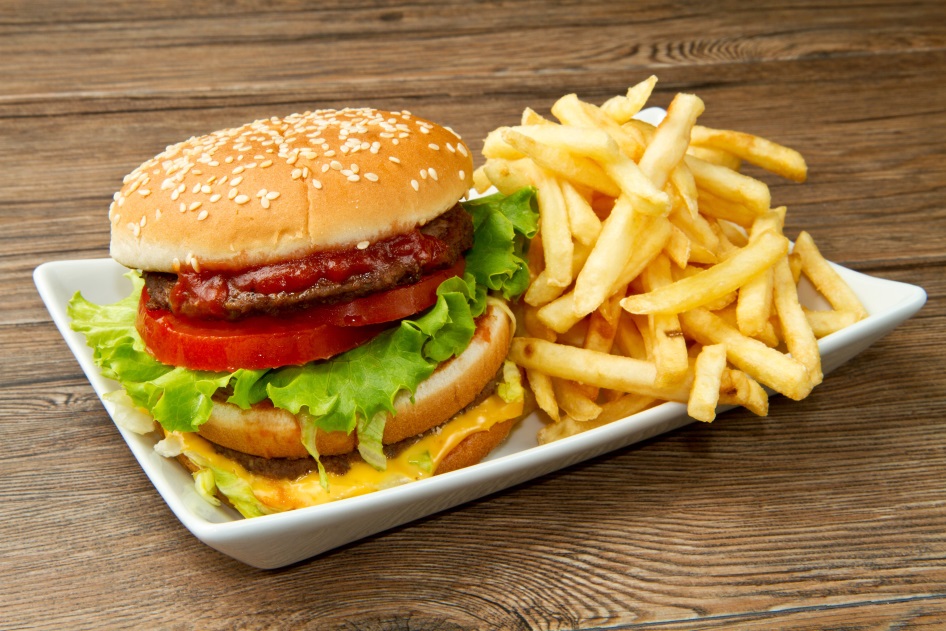Following the increased popularity of burgers served rare, the FSA have considered a range of controls businesses should put in place if serving rare minced burgers.
Whilst steak burgers are considered safe to eat ‘rare’, minced burgers have needed to be cooked through thoroughly in order to kill germs. Whole cuts of beef or lamb, steaks, etc, only have germs on the outside, so as long as the outside is cooked any potentially harmful germs that could cause food poisoning will be killed. However, where the meat is minced, any germs could spread throughout the product and not just be on the surface.
To ensure businesses can meet consumer demand whilst ensuring that public health is protected, the FSA have recently reviewed their recommendations on how to cook burgers. The FSA still stands by its recommendation that burgers should be cooked thoroughly until they are steaming hot throughout, the juices run clear and there are no pink bits inside. However, the FSA also acknowledges that “the risk from rare burgers served in catering establishments is not so unacceptable as to justify removing the adult consumer’s right to choose to eat it, provided a validated and verified food safety management is applied”.
Meaty Controls
The FSA has stated that in order to safely cook rare (minced) burgers, controls should be in place throughout the supply chain and businesses will need to demonstrate to their local authority officer that the food safety procedures which they implement are appropriate. Examples of some of these controls are:
- Sourcing the meat only from establishments which have specific controls in place to minimise the risk of contamination of meat intended to be eaten raw or lightly cooked. Businesses wanting to serve burgers rare pre-notify their local authority.
- Ensuring that the supplier carries out appropriate testing of raw meat to check that their procedures for minimising contamination are working.
- Strict temperature control to prevent growth of any bugs and appropriate preparation and cooking procedures.
- Providing consumer advice on menus regarding the additional risk from burgers which aren’t thoroughly cooked. The FSA maintain that children should only be served burgers that are well-done.
The standing advice of the Advisory Committee on Microbiological Safety of Food is that burgers should be cooked thoroughly – i.e. reaching a temperature of 70°C for two minutes, or equivalent which “delivers a significant pathogen reduction which is sufficient to minimise the risks posed by foodborne pathogens such as coli O157, Salmonella andListeria monocytogenes”. Preparation of burgers in line with this advice, whether in the domestic or catering setting, will deliver a reduction in bacterial load of at least 6-log10 12 and, in terms of the above framework, this practice is broadly acceptable provided adequate controls are in place.



